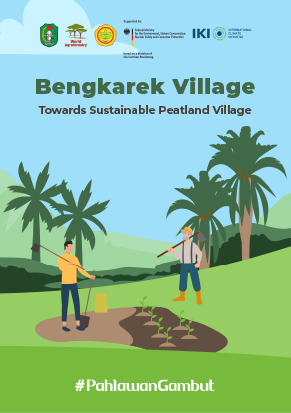Key messages
- Woodfuel, particularly charcoal, is an important energy source in urban areas and a livelihood source in rural areas.
- Actors in the Baringo–Nairobi charcoal value chain get between KES 107 and 613 per bag of charcoal depending on their location and role.
- In most parts of Baringo County, charcoal is produced from the invasive species Prosopis juliflora (mathenge, also known in some countries as ‘mesquite’).
- Community members, stakeholders and county officials identified priorities for the production and governance of the mathenge charcoal value chain.
- Strategies include proper management of biomass, efficient processing and effective utilization, and adequately regulated and supported value chains from production to consumption. Good governance of woodfuel value chains will only be achieved when there are transparent, consistent and coordinated regulatory institutional mechanisms that support and incentivize compliance and penalize illegality along the whole value chain. The County Environment Committee initiated a governance process, whilst community members have been engaged in sustainable mathenge charcoal production in Marigat Sub-county.
Download:
DOI:
https://doi.org/10.17528/cifor/007719Score Altmetric:
Dimensions Nombre de citations:
Année de publication
2020
Auteurs
Bourne, M.; Sola, P.; Njenga, M.; Koech, G.; Kirimi, M.; Ignatius, S.; Otieno, E.
Langue
English
Mots clés
charcoal, trade, supply chain
Géographique
Kenya



















